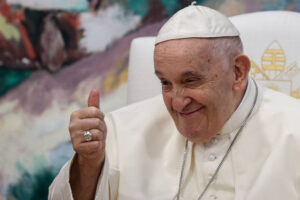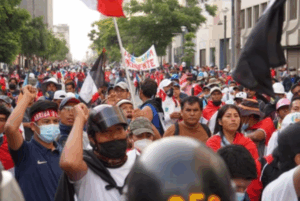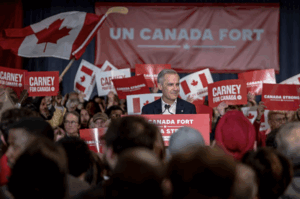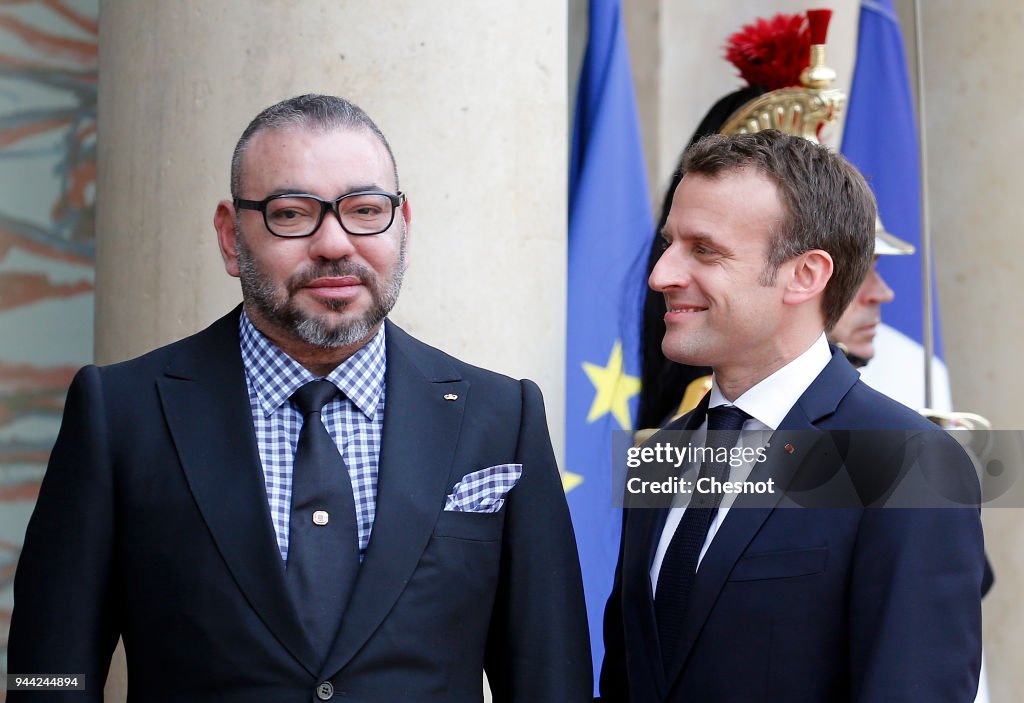The Moroccan Sahara : what happened this year ?
The Western Sahara has been colored in grey on international maps for 50 years now. Ever since the retreat of Spanish colonizers in 1975, many powers claimed the territory as its own. They engaged in citizen-led actions to assert its control over the territory. For example, 3 days ago, on November the 6th 2024, Moroccans celebrated the 49th anniversary of the “Green March”. It is a march that made Moroccan royalty the sovereign institution of the territory, after the Spanish colonizer. However, the history of the region did not start with colonisation. It is important to understand the historical dynamics of the area to comprehend its current geopolitical stake.
A brief history of the Western Sahara
Under whose control ?
Today, he Western Sahara is a disputed territory on the northwest coast of Africa. About 20% of the territory is controlled by the Sahrawi Arab Democratic Republic. The remaining 80% is occupied and administered by Morocco.
Before 1884,the region was populated by native communities. Indeed, the territory was controlled by the Alawi dynasty, the ancestors of the current royal family. Then, it got colonized by Spain between 1884 and 1975. Motivated by the independantists movements in Africa in the 1960’s, a new movement was created. It is called The Popular Front for the Liberation of Saguia el-Hamra and Río de Oro or The Polisario Front (1973). This movement aimed at bannishing Spanish authorities from the territory and creating an independant Sahrawi state. Considering that the Western Sahara has historically been under the Alawi sovereignty, the late Moroccan King Hassan II asked for citizens to peacefully march down to the Sahara, with only Moroccan flags and Qurans. Ever since, 80% of the Western Sahara is under moroccan control.
However, this control is not recognized by everyone. Morocco’s neighbor, Algeria, has shown an unconditional support for the Polisario Front since 1975. Therefore, they have been delivering arms, training, financial aid, and food, without interruption for more than 30 years. In 1976, Algeria called the Moroccan takeover of Western Sahara a « slow, murderous » invasion. This support is motivated by the interest Algeria has in being an ally to an independant state in the Western Sahara considering the diplomatic tensions Algeria has with Morocco. Promoting the birth of an independant Sharawi state on Moroccan land would give Algeria a strategic coast on the Atlantic Ocean. They would also benefit from a privileged access to the phosphatic deposits Morocco holds.
The Sahrawi Arab Democratic Republic is recognized by 46 out of a total of 193 United Nations member states. Several states that do not recognize the Sahrawi Republic nonetheless recognize the Polisario as the legitimate representative of the population of the Western Sahara, but not as the government in exile of a sovereign state.
The French recognition : diplomatic causes and consequences
The reasons as to why France recognized the Shara as Moroccan are purely strategical. On one hand, this decision makes France an ally to Morocco. On the other hand, this alliance allows France to have a say in the immigration flows. This flows concern the Mediterranean sea for instance. However, if the recognition of the Sahara improves french/moroccan relations, it has the opposite effect on the french/algerian diplomatic bond. Emmanuel Macron’s letter led to the retreat of the Algerian ambassador in France to Alger.
Finally, Macron’s decision to recognize the Moroccan Sahara has its limits.The French recognition did not motivate more states to also recognize it. Also, the Polisario still fights for the territory.
To conlude, the Moroccan Sahara continues to stand at the center of North African geopolitics, defined by a complex web of historical ties, regional interests, and international recognition. Morocco’s recent diplomatic win with France adds weight to its longstanding claim over the region, but tensions with Algeria—driven by its unwavering support for the Polisario Front—keep the situation far from resolved. The varied stances of global powers on Western Sahara highlight its significance not only for Morocco but for the broader region, making it a pivotal issue that will continue to shape North African relations for years to come.










